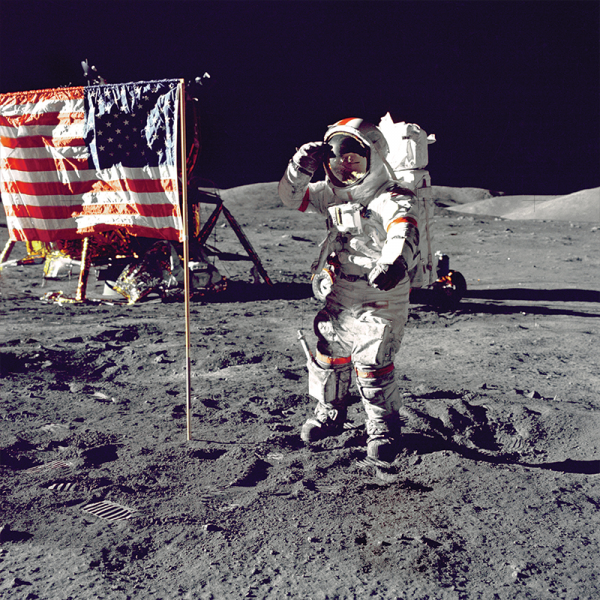History Minor
As a history minor, you will study a wide variety of regions and areas, ranging from the ancient world to the present, and across Africa, Asia, the Mideast, Europe and the Americas. You will study the past in a way that informs, challenges, and inspires.
sample courses:
In this class, students will look at how silver, and also porcelain, tobacco and salt, shaped the early modern world. The course will look at how merchants and adventurers, as well as pilgrims, pirates, migrants, and captives, encountered very different facets of that world, and tried to make sense of it. This course will also study how these attempts at exchange, how that process of "making sense," transformed how men and women of the 18th century, around the globe, saw their territories and their fellow humans. This is a world history class.
One major force in human history, including the arts, has been inquiry into the natural world. Especially after 1600, natural science has, by virtue of its role in the development of technology and the improvement of health, has brought about great changes on all scales of human existence, first in Western Europe and then globally. In this course, the changing character of inquiry into the natural world, from antiquity forward, will be the object of study. Does natural science enable us, for example, to study nature as it is in itself, or are perspectives or frameworks inescapable? How is it that natural science has, especially since 1800, proved so useful in the development of technology? How has it impinged on the arts?
